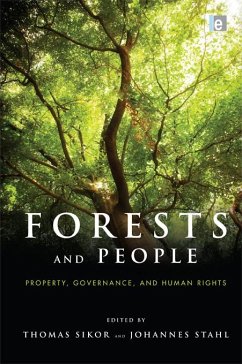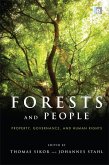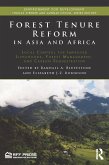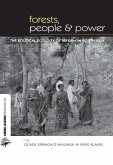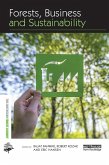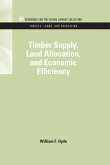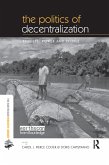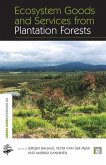A human rights-based agenda has received significant attention in writings on general development policy, but less so in forestry. Forests and People presents a comprehensive analysis of the rights-based agenda in forestry, connecting it with existing work on tenure reform, governance rights and cultural rights.
As the editors note in their introduction, the attention to rights in forestry differs from 'rights-based approaches' in international development and other natural resource fields in three critical ways. First, redistribution is a central demand of activists in forestry but not in other fields. Many forest rights activists call for not only the redirection of forest benefits but also the redistribution of forest tenure to redress historical inequalities. Second, the rights agenda in forestry emerges from numerous grassroots initiatives, setting forest-related human rights apart from approaches that derive legitimacy from transnational human rights norms and are driven by international and national organizations. Third, forest rights activists attend to individual as well as peoples' collective rights whereas approaches in other fields tend to emphasize one or the other set of rights.
Forests and People is a timely response to the challenges that remain for advocates as new trends and initiatives, such as market-based governance, REDD, and a rush to biofuels, can sometimes seem at odds with the gains from what has been a two decade expansion of forest peoples' rights. It explores the implications of these forces, and generates new insights on forest governance for scholars and provides strategic guidance for activists.
As the editors note in their introduction, the attention to rights in forestry differs from 'rights-based approaches' in international development and other natural resource fields in three critical ways. First, redistribution is a central demand of activists in forestry but not in other fields. Many forest rights activists call for not only the redirection of forest benefits but also the redistribution of forest tenure to redress historical inequalities. Second, the rights agenda in forestry emerges from numerous grassroots initiatives, setting forest-related human rights apart from approaches that derive legitimacy from transnational human rights norms and are driven by international and national organizations. Third, forest rights activists attend to individual as well as peoples' collective rights whereas approaches in other fields tend to emphasize one or the other set of rights.
Forests and People is a timely response to the challenges that remain for advocates as new trends and initiatives, such as market-based governance, REDD, and a rush to biofuels, can sometimes seem at odds with the gains from what has been a two decade expansion of forest peoples' rights. It explores the implications of these forces, and generates new insights on forest governance for scholars and provides strategic guidance for activists.
Dieser Download kann aus rechtlichen Gründen nur mit Rechnungsadresse in A, B, BG, CY, CZ, D, DK, EW, E, FIN, F, GR, HR, H, IRL, I, LT, L, LR, M, NL, PL, P, R, S, SLO, SK ausgeliefert werden.

